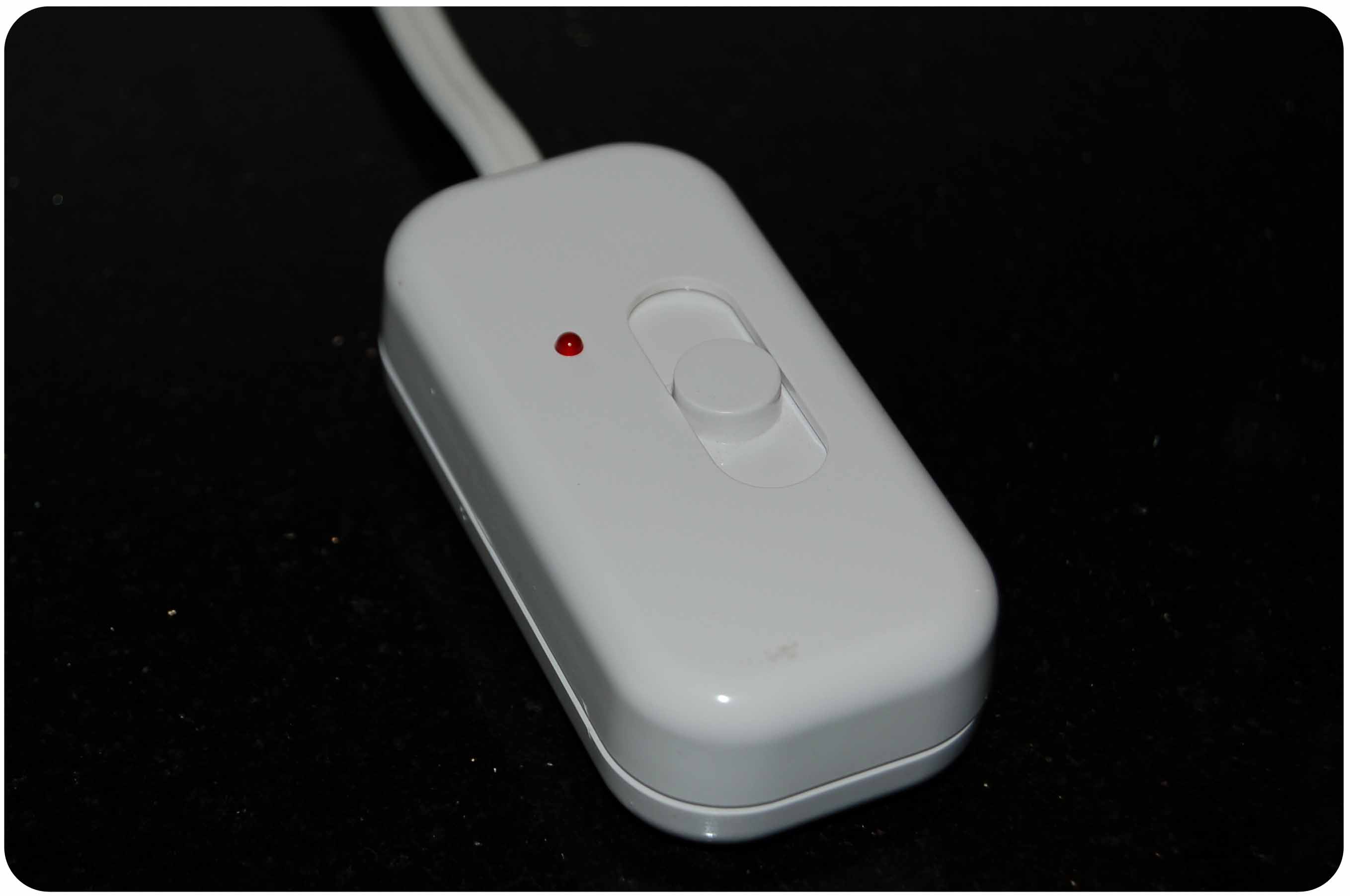Dim lights at dusk for better sleep
 Tuesday, January 18, 2011 at 08:39PM
Tuesday, January 18, 2011 at 08:39PM  Sleep is fundamental to good health. Sleep impacts the quality of your day, and what happens during the day impacts the quality of your sleep. While many factors affect sleep, one we can control, yet often don’t, is the intensity of light we are exposed to before bedtime.
Sleep is fundamental to good health. Sleep impacts the quality of your day, and what happens during the day impacts the quality of your sleep. While many factors affect sleep, one we can control, yet often don’t, is the intensity of light we are exposed to before bedtime.
As we saw in The End of Night, the development of the light bulb and alternating current allowed us to effectively eliminate night at will. Since most of us prefer to get a good night's sleep, recall during the Paleolithic the slow decrease in light intensity at dusk prepared the brain for sleep, primarily by the secretion of melatonin. Today, we often keep the room lights on until bedtime and then, once turned off, expect to fall asleep effortlessly. For millions of Americans, the failure to adequately prepare the brain results in nonrestorative sleep.
According to EurekAlert, the Journal of Clinical Endocrinology & Metabolism will publish an article comparing normal room light versus dim light on the secretion of melatonin:
In this study, researchers evaluated 116 healthy volunteers aged 18-30 years who were exposed to room light or dim light in the eight hours preceding bedtime for five consecutive days. An intravenous catheter was inserted into the forearms of study participants for continuous collection of blood plasma every 30-60 minutes for melatonin measurements. Results showed exposure to room light before bedtime shortened melatonin duration by about 90 minutes when compared to dim light exposure. Furthermore, exposure to room light during the usual hours of sleep suppressed melatonin by greater than 50 percent.
Lead author Joshua Gooley, PhD concludes:
Our study shows that this exposure to indoor light has a strong suppressive effect on the hormone melatonin. This could, in turn, have effects on sleep quality and the body's ability to regulate body temperature, blood pressure and glucose levels.
While it is not practical to dim the lights for 8 hours prior to sleep, at least an hour of dim light should help those with difficulty initiating sleep. A good solution is to install dimmer switches in the rooms most frequented at dusk and a dimmer switch on the nightstand lamp. As we create our own modern Paleolithic, maybe homes in the future will be programmable to dim electric lighting automatically at a set time and rate.


Reader Comments